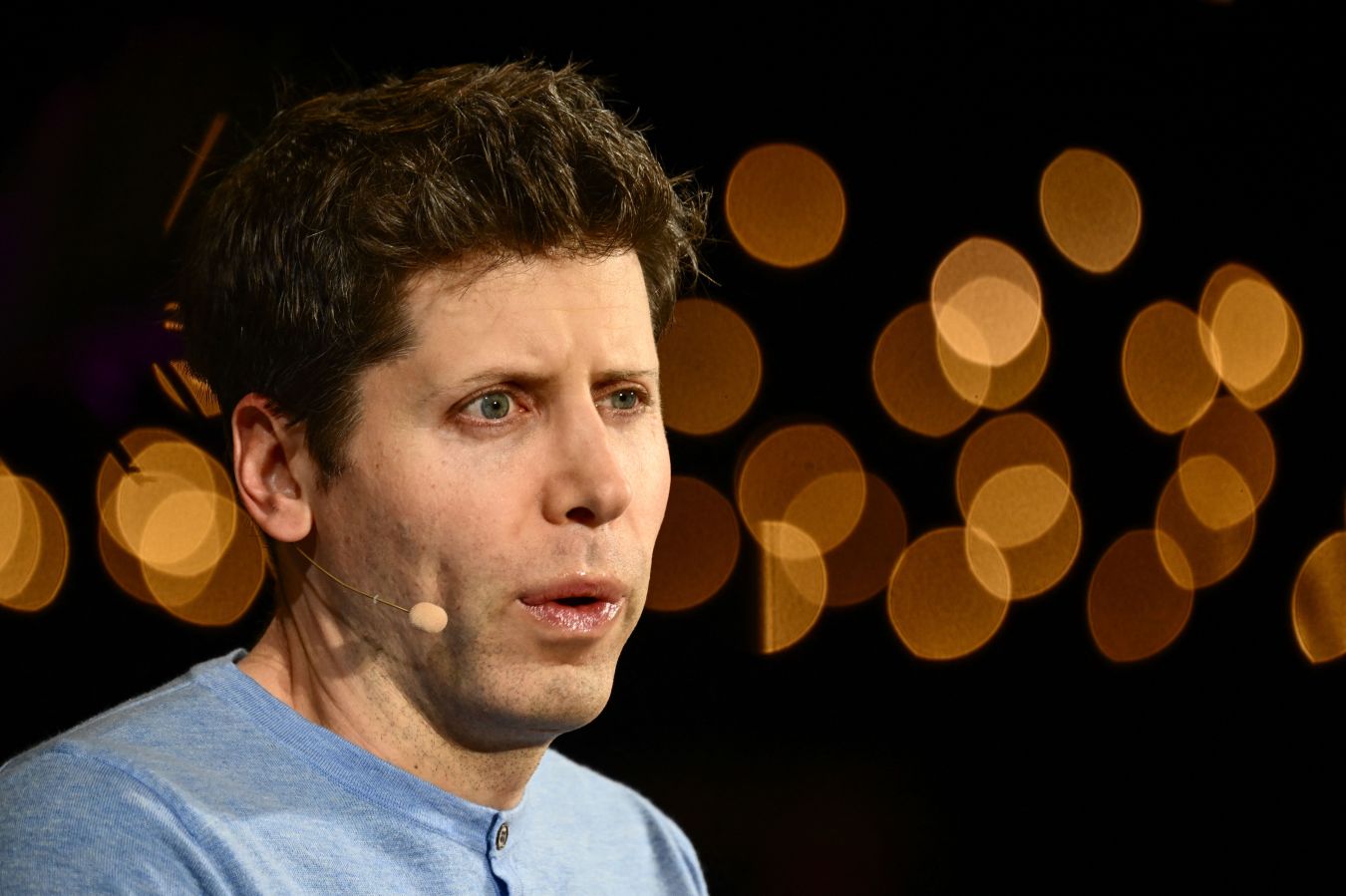Small businesses that master AI-powered marketing can appeal to Gen Z consumers and gain a competitive business advantage.

Australian small businesses face unique challenges when it comes to targeting the Gen Z consumer, including rising costs to serve, shifting customer channels and meeting heightened social responsibility expectations.
Gen Z represents $360 billion in global spending power and exhibits distinct characteristics, shaped by their digital upbringing.
According to Afterpay research, they are not only well-informed shoppers but also hyper-connected, purpose-driven, and vocal in their support for brands aligned with their values.
The recent leadership changes at OpenAI have undoubtedly shaken up the AI landscape, signalling a shift in the industry’s dynamics.
However, amidst this shift, one thing remains clear: generative AI is here to stay and offers a wealth of opportunities for small businesses to meet the evolving needs of Gen Z consumers.
In content creation
Gen Z spends over two hours daily on social media, favouring platforms like YouTube, TikTok, and Instagram.
Short-form videos and influencer marketing stand out as highly effective formats for engaging this demographic, given their preference for peer influence and the ease of consuming such content.
To cater to Gen Z’s insatiable appetite for content, small businesses invest several hours per week in developing engaging marketing material.
Tools like Bard and Runway can simplify this process by identifying patterns in viral content, analysing influencer performance, and generating new copy and videos for exploration.
Last month, Meta began rolling out generative AI ad tools for businesses to quickly generate variations of ad text and automate the campaign creation process. Meta reported that marketers could save over five hours per week in content creation by harnessing their AI ad tools.
Related
In delivering personalised experiences
Gen Z has come of age in a digital era characterized by instant access to information. As a result, they’ve come to expect a level of immediacy and personalization from brands that mirrors their own experiences.
Last week, OpenAI launched a feature called Custom GPTs, which allows anyone to create their own version of the ChatGPT chatbot, without coding.
While previously, this feature was exclusive to enterprise clients, now any small business can leverage generative AI chatbots to meet Gen Z’s demand for personalized experiences, while remaining cost-effective.
Generative AI chatbots can engage any consumer where they are. They can accommodate diverse languages, address complex queries, and capture deep insight.
Rather than entirely replacing human customer service agents, AI chatbots can help agents answer queries faster by reviewing company policies and drafting conversational replies.
In marketing and engagement
With 63 per cent of Gen Z consumers using ad blockers to avoid online ads, small businesses need to adapt their marketing approach. Instead of relying solely on paid advertising, they should consider engaging Gen Z through immersive marketing, with the assistance of AI.
As part of a marketing campaign launched earlier this year, Tommy Hilfiger invited customers to use AI in designing digital fashion items based on the Hilfiger style, for a chance for their work to be turned into products.
Similarly, small businesses can employ tools like Discord to create brand communities, and leverage user-friendly AI tools like Bard and Canva Magic Studio to collaborate with Gen Z customers on content, products, and the user experience.
Generative AI tools are highly accessible, making them an effective means to encourage customer participation and user-generated content.
These channels can also be a great way to build tech-driven experiences that captivate the interest of younger audiences while showcasing your brand’s personality.
In championing social responsibility
75 per cent of Gen Z consumers prioritise sustainable purchases over brand names. Product-based businesses can use AI-driven product customisations to diversify their product offerings while demonstrating their commitment to sustainability.
Stitch Fix, for example, is a personal styling service powered by generative AI to allow customers to personalise clothing items before purchase.
Earlier this year, Google and OpenAI introduced APIs giving third-party developers access to their generative AI capabilities. Product-based businesses can leverage these APIs to enable product customisations.
Related
This can help them assess demand, tackle inventory challenges, and reduce their carbon footprint.
Gen Z is the most ethnically diverse generation yet, comprising 20 per cent of Australia’s population. Research by Meta found that 54 per cent of consumers don’t feel culturally represented in online advertising.
The same survey revealed that campaigns with diverse representation led to higher ad recall in 90 per cent of cases.
Small businesses can use AI tools like Midjourney to enhance diversity in product visuals and increase brand awareness, without the added cost of new photoshoots.
It’s important to note that AI-generated models should complement, not replace, the inclusion of diverse human models in advertising efforts.
Businesses looking to embrace generative AI in their marketing efforts will need to define clear goals, and relevant use cases and develop new skill sets within their teams.
As the situation at OpenAI continues to develop, small businesses should consider exploring various AI technology providers, including Anthropic and Bard, to understand which is most suitable for their needs.
They will also need to adopt a thoughtful approach to addressing the known limitations of this technology, such as biased outputs, hallucinations, data privacy risks, and copyright challenges.
The democratisation of advanced AI is reshaping industries and nurturing savvier customers. Small businesses, with their inherent agility, are uniquely positioned to leverage this powerful technology to captivate emerging consumers and gain a competitive edge.
Ashi Bhat is a cofounder of Insider App, developing blockchain-powered loyalty programs for consumer brands.
Look back on the week that was with hand-picked articles from Australia and around the world. Sign up to the Forbes Australia newsletter here.




